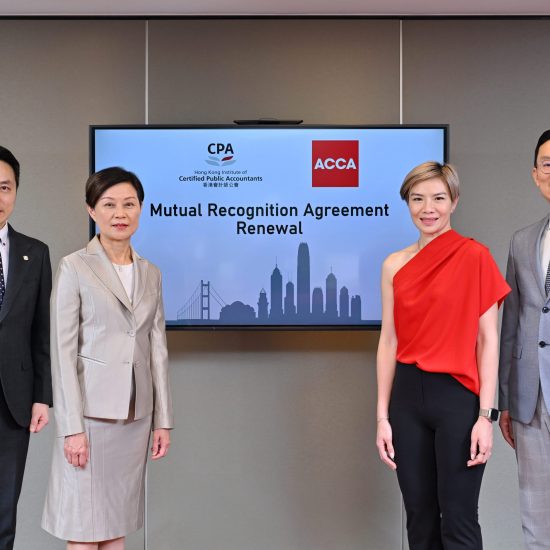|By Arabian Post Staff| The total value of international trade through Dubai’s free trade zones recorded 22 percent jump to US$107.35 billion (Dh394 billion) in the first nine months of 2018, according to a latest report. This represents 41 percent of the emirate’ total trade of the first nine months. Imports amounted to 54.5 percent at Dh215 billion, while exports and re-exports reached 45.5 percent at Dh179 billion. Overall, free zones have generated 31.9 percent of Dubai’s GDP.
Sheikh Ahmed bin Saeed Al Maktoum, Chairman of the Dubai Free Zones Council (DFZ Council), said, that this growth is due to the efforts on the ground and promotional campaigns of the free zones to attract foreign direct investment to Dubai. He stressed that the achievements of the free zones testify to the emirate’s attractiveness for investors and businessmen across sectors.
China topped the list of Dubai’s largest free zone trade partners in the first nine months of 2018 with a total trade volume of Dh59 billion. Saudi Arabia placed second globally and first in the Arab region with a trade value of Dh34.2 billion, closely followed by India with Dh34 billion. With more than 41,000 companies employing over 354,000 people, Dubai’s 24 free zones are key drivers of the emirate’s and the wider UAE’s economy, he said.
Sheikh Ahmed said, that Dubai’s economy relies on the efforts of the free zones to diversify the national economy and explore the non-oil future in line with the objectives of the Dubai Plan 2021 to elevate the emirate’s global status in all aspects and to establish its economy as a major contributor to the global economy. He directed Dubai’s free zones to focus their efforts in 2019 on adapting to the global economic climate that is witnessing a recovery while maintaining their outstanding performance in attracting foreign investments and supporting economic development.
In 2018, the DFZ Council carried out a series of proactive steps and decisions that helped achieve the current growth. Notably, the Council introduced lower business fees within free zones in response to the directives of His Highness Sheikh Mohammed bin Rashid Al Maktoum to reduce the cost of doing business and facilitate investments.
Furthermore, the DFZ Council signed a memorandum of understanding (MoU) with the Department of Economic Development in Dubai (DED) to streamline business practices and operations for free zone-based companies that boosted various economic sectors and attracted foreign investment while strengthening Dubai’s position as an ideal destination for setting up, operating, and growing a business.
The MoU directs free zone establishments seeking to perform service activities in Dubai to provide an electronic link for the exchange of information between the relevant free zone and DED. The entity requesting the operations permit is also required to obtain the approval of its respective free zone authority and submit an application to DED in line with the established procedures after ensuring that the service to be authorized does not fall within the remit of any other regulatory body in the emirate.
In 2018, the DFZ Council completed the first phase of consolidation of the Free Zones Database in cooperation with Dubai Statistics Center. The unified database system accelerates the response of free zones in meeting the needs of customers, investors, and strategic partners, and enhances their growth opportunities in the near and long term.
The database is particularly relevant given the rise of economic concepts based mainly on data and the accuracy of their analysis and classification, and enables stakeholders to benefit from the applications of fifth-generation communications, big data, and blockchain technology that protects data and facilitates digital transactions across the world. It also leverages other internet applications and cutting-edge artificial intelligence technology, and encourages entrepreneurs and emerging companies in promising new disciplines to bring their projects to fruition in Dubai.
In 2018, the DFZ Council worked with various free zones to develop a comprehensive strategy that contributes to predicting promising opportunities, preparing for upcoming challenges, and supporting free zones in marketing themselves locally, regionally, and globally.
Moreover, the strategy upholds the pioneering position of free zones in creating initiatives that attract investment, stimulate SMEs, and motivate entrepreneurs and innovators from around the globe to choose Dubai as a preferred business destination for its vibrant environment, and enabling business regulations and facilities.
The strategy also supports the integration of efforts of Dubai’s diverse free zones in contributing to the implementation of the emirate’s initiatives that aim to continue its journey of excellence, such as the Smart Dubai initiative. Furthermore, it drives the execution of state-of-the-art strategies in fields such as artificial intelligence, advanced sciences, advanced skills, and supports building the national quality of life framework, as highlighted during the latest edition of the UAE Government Annual Meetings.
In line with the nation’s ambitions to top competitiveness indicators and boost its ease of doing business ranking, in 2018, the DFZ Council members agreed that enabling the transfer of branches of companies among Dubai’s free zones will create a conducive environment for expansion, which boosts the volume of business across the emirate.
The DFZ Council comprises 24 free zones, including Jebel Ali Free Zone (JAFZA), Dubai International Financial Centre (DIFC), Dubai Creative Clusters Authority (DCCA), Dubai Airport Freezone (DAFZA), Dubai Multi Commodities Centre (DMCC), Dubai South, Dubai Silicon Oasis Authority (DSOA), Dubai World Trade Centre (DWTC), Dubai Healthcare City (DHCC), Meydan Free Zone, and International Humanitarian City (IHC).
Dubai free zones offer 100 percent foreign ownership to registered companies within their ecosystem, enabling them to enjoy tax and customs benefits, such as tax exemptions on exports and imports, and other trade concessions, including zero restrictions on employment or sponsorship.
Also published on Medium.




